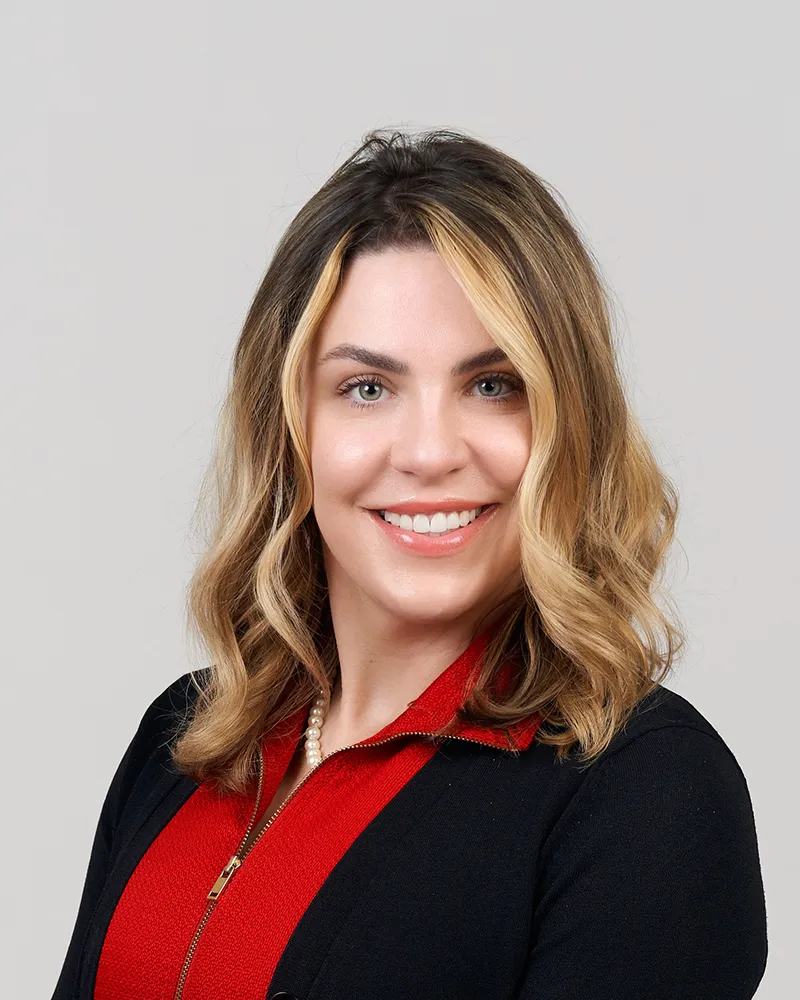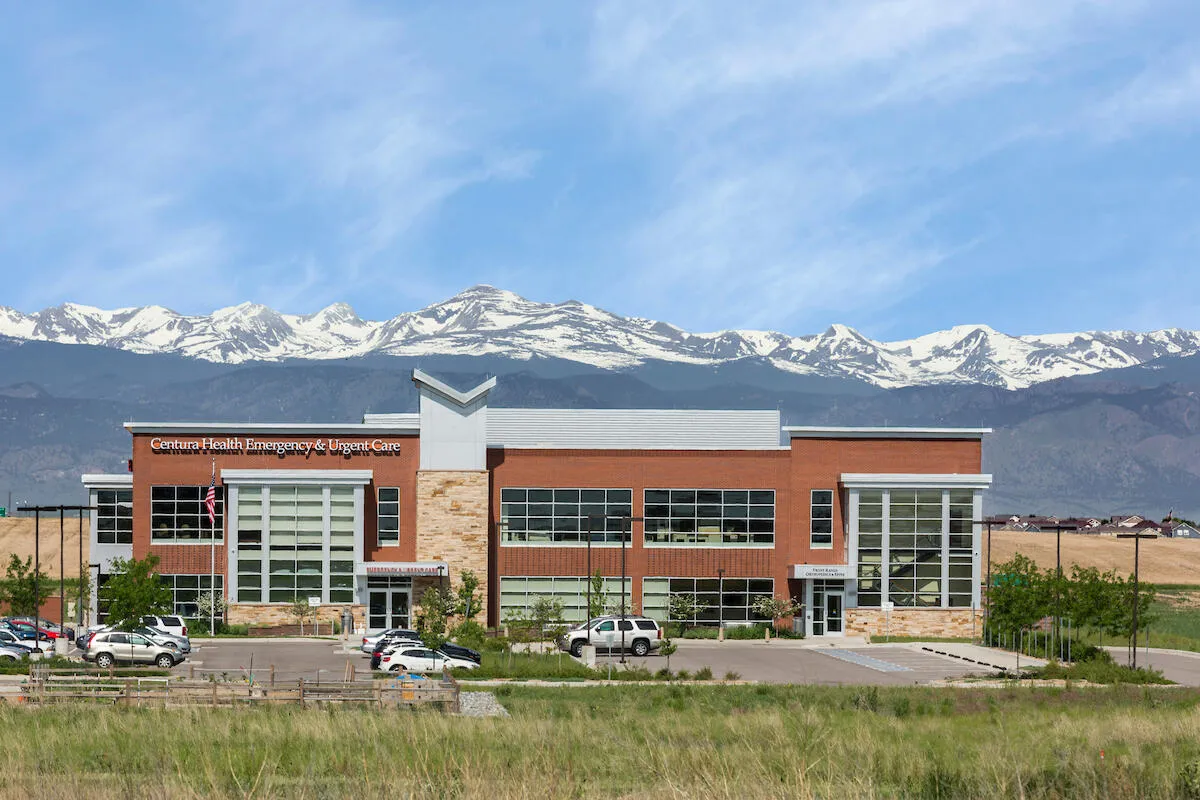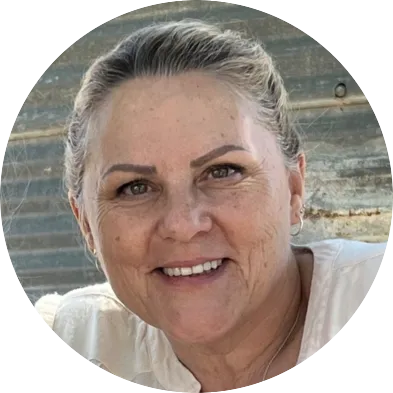Breast-cancer researchers at UCHealth using novel treatment therapies

Cancer research is at a pivotal juncture at UCHealth in Colorado, especially in the breast cancer program. Top doctors and researchers are working on cutting-edge therapies that could not only someday signal a cure but also make treatment less burdensome.
Dr. Chelsea Gawryletz, medical director of UCHealth’s breast cancer program and breast cancer research program in Northern Colorado, is working on three types of cancer studies that involve a systemwide approach through all of its hospitals from north to south, as well as the globe, and on her home turf.
The studies are looking into combining pill therapies for certain types of breast cancer, and even looking into eliminating the need for radiation therapy.
SPONSORED CONTENT
“In breast cancer, we’ve gotten quite a bit better, especially in the last 20 years over targeting specific problems that drive breast cancers,” Gawryletz said.
Two cooperative studies at UCHealth are looking at whether women can avoid radiation in their treatment protocols. The HERO trial and the DEBRA trial both target different types of breast cancer, such as HER2 positive and negative. HER2 can cause the cells to grow faster and spread to other parts of the body and it can be more aggressive than other cancers.
“Radiation can cause peeling of the skin, it can cause significant fatigue, it can cause fibrosis, or scarring of the structures and tightening of the skin,” Gawryletz said. “If you get radiation on one side and not the other, one breast might be a little bit higher and closer to the chest wall, so it can look asymmetric.”
With both studies, she said, the hope is “that there’s no difference at all in mortality, whether you get radiation or not, and the hope is that we can de-escalate and not have to give radiation.”
Radiation has historically been a part of all breast cancer therapy, and “it was a mainstay … after a lumpectomy to prevent the chance of the breast cancer coming back in the affected breast.”
A systemic therapy to target the HER 2 protein didn’t even get FDA approval in the curative intention … until 2003, Gawryletz said. “So it’s only been about 20 years since we’ve been using the HER 2 therapies for breast cancer patients in the curative intention.
“So it’s taken us some time to now, where we say maybe we don’t need to radiate all these patients because we are smarter now and we have better tools to make sure it never comes back locally or distant, like somewhere outside the breast,” Gawryletz said.
But radiation continues to be a major part of therapy in certain breast cancer cases, she said. “It is still in a very important modality of care that is safe and effective for patients with breast cancer, but it’s always about choosing the right patient and figuring out how to balance the least amount of harm with the most amount of efficacy or how well it works to get to, you know, like we talked about in these cases to get to cure.”
Gawryletz said the bar is very high for a cure.
“If we can decrease the problems associated with some of the treatments to get to a cure, then we’re achieving because then the gap is bigger with high rates of cure and high efficacy and lower rates of problems.”
Another trial that is ongoing is a pill therapy that patients take at home. A combination of separate breast cancer drugs (vepdegestrant and samuraciclib) that have never been taken together has intrigued researchers. One of the drugs helps degrade estrogen in the body that’s feeding the cancer’s growth; the other stops the development of tumors.
“We’re studying them in combination, so it’s the novel combination and the first time in the world that these have been studied together,” she said. So far, there are seven patients across the globe that are in the trial, four of whom are in Northern Colorado.
Gawryletz said results of the study aren’t expected until 2025.
Finally, a third set of breast-cancer trials is an investigator-initiated trial Gawryletz is partnering with Dr. Elena Shagisultanova, an oncologist with the Anschutz Medical Center. Together they are studying eight patients with the HER 2 protein and PIK3 Ca gene, which occurs in 40% of HER 2 patients. This group also is treated with pill therapies. But they come with strong side effects including elevated sugar counts in the blood, rash, and nausea. Results of this study also are a ways out.
“So you can imagine like 25 years ago, 30 years ago, we didn’t even know HER 2 was a significant driver of breast cancer,” Gawryletz said. “And now we know, and we’ve been using those therapies for 25 years. Well, now on top of that, we think PIK 3, Ca is a driver as well like a partner driver of cancer with the HER 2. And now we’re targeting these in combination together, which is novel.”
Altogether, breast cancer research continues to help decrease the overall mortality rate. That is driven by catching cancer quicker and improved therapies, Gawryletz said.
“Because our management of breast cancer is getting better and more refined and targeted to really understand the biology that’s driving the cancer, those women are living even longer, which is a good thing,” she said.
“One of the big missions of our breast cancer research program here is really to deliver world class care right in a patient’s backyard,” Gawryletz said. “They can have world class care and have access to novel combinations of therapies and strategies.”
This story is a part of a series looking at Northern Colorado hospitals’ efforts in cancer research.
Cancer research is at a pivotal juncture at UCHealth in Colorado, especially in the breast cancer program. Top doctors and researchers are working on cutting-edge therapies that could not only someday signal a cure but also make treatment less burdensome.
THIS ARTICLE IS FOR SUBSCRIBERS ONLY
Continue reading for less than $3 per week!
Get a month of award-winning local business news, trends and insights
Access award-winning content today!





